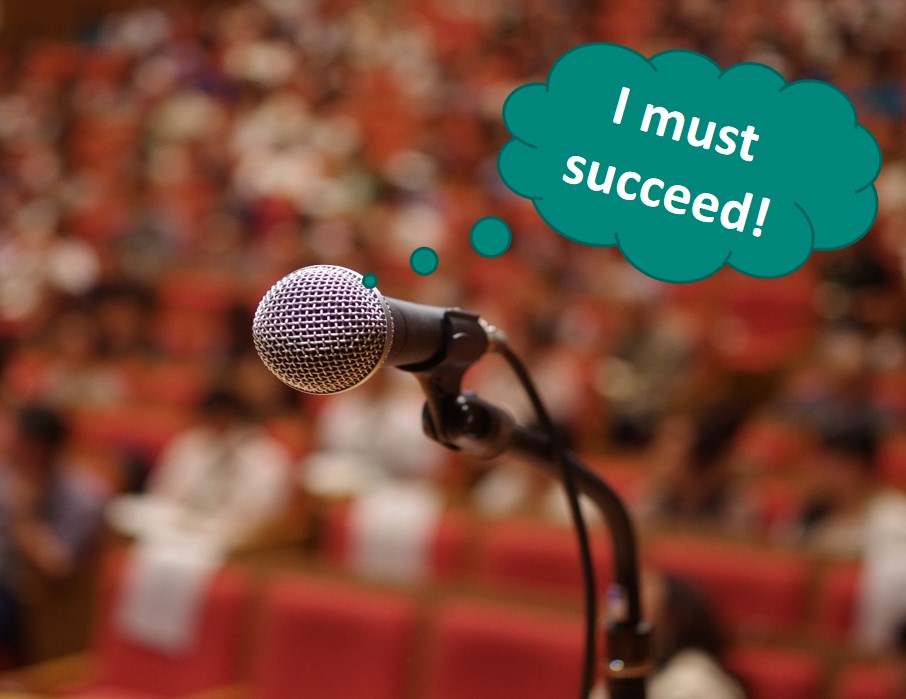Speaking creativity boosts pep up your speeches
Are you tired of giving the same old speeches? Feel there’s something missing, a lack of pizzazz? Do you worry that you’re not developing as a speaker compared to other speakers you come across or wonder how some people can speak eloquently for an hour without notes? If any of these sounds vaguely familiar, now might be the time to think about how to carry out speaking creativity boosts.
Moreover, we all experience creativity burnout from time to time. When it happens, you need to tell yourself that it’s quite normal and employ strategies for speaking creativity boosts or kick starts.
Speaking creativity boosts through play
Let’s think about the characteristics of good play:
- First and foremost, play is fun and enjoyable. The nerves that appear when you give an actual speech have no place in play
- Play requires you to focus actively on the process of what you are doing and be fully engaged. Play is not an end in itself, but rather an opportunity to learn something new. As a speaker, it allows you to experiment with sound, body language, stories, etc, without having to produce a delivery-ready speech
- It is inherently adventurous and risky, involving experimenting, playing with new ideas. Consequently, there is an inbuilt expectation that we will make mistakes as we explore new ideas and strategies. Making mistakes is an integral part of learning and exploration; it’s how we learn:
“You don’t learn to walk by following rules. You learn by doing, and by falling over.”
Richard Branson
- In spite of the risk-taking, play operates within the confines of a safety net. Play grants us permission to make mistakes and grow. So, embrace mistakes and ‘allow yourself to fail, allow yourself to learn’
- Constructive play is meaningful to the player. When we play, we do what we want to do instead of what we ought to do. As such, the player determines the ‘rules’. You might be playing with using stories in your speaking. The story isn’t fixed. You will inevitably change the story, characters, events, locations, purpose, etc to make your story relevant to your speech.
Get feedback from people – the more the merrier – about your speaking. Invite them to tell you what went well and how it would be even better if … . Use this information to set yourself play challenges, eg specific words or phrases to to avoid or include; sing your opening line; pause for 5 seconds before saying your first word; speak without notes; use three new gestures. The list is endless. By identifying speaking skills you have never used or that make you feel uncomfortable, you create opportunities to explore and find the ones that work best for you.
Speaking creativity boosts through movement
A quick internet search will show you that commentators and neuroscientists tend to agree that exercise or some physical movement can help stimulate creativity, learning, memory and cognitive abilities. You must have noticed times when you move away from your desk or a screen, ideas suddenly come to you. Moving your body – anything from hand gestures to a full-scale workout – can unlock creative ways of thinking, encourage us to take risks.
Physical action helps you build energy, dissipate nervous energy and give you focus. Start with small actions to get you going. Go for a little walk and take in a change of scene. Listen to voices and how well the sound travels. Indulge in some people watching to extend your body language and gestures and facial expressions you might use.
Speaking creativity boosts through celebration of other speakers
We are surrounded by people speaking in public and they offer us an opportunity to get new ideas to boost our speaking creativity. Watch some TED talks, pay attention to how your friends and colleagues speak. What about people on TV chat shows? What do they do that you could use in developing your speaking skills?
Now, go a step further than observation and celebrate people whose work inspires you. They might be artists, musicians, photographers, cooks, architects, gardeners, athletes, anyone who inspires you. Check out your social media accounts with a view to reflecting on who you are following and what you admire about them, as well as what you can learn from them.
It’s not a question of envying or copying (see Authenticity is key – Envy, the sixth deadly sin). Rather, it’s about always being yourself, but reflecting on how you can adapt the work of others to your speaking.
Then reach out to them to tell them when you love something they’re doing and share with them how you’re applying it to the development of your public speaking. They’ll almost certainly be thrilled to hear about what you’re doing and may even offer some additional tips to help you.
Speaking creativity boosts raise your game
Regular speaking creativity boosts help keep your speeches fresh and your skills sharp. A playful mindset that embraces growth and a genuine desire to improve are just the focus you need.






